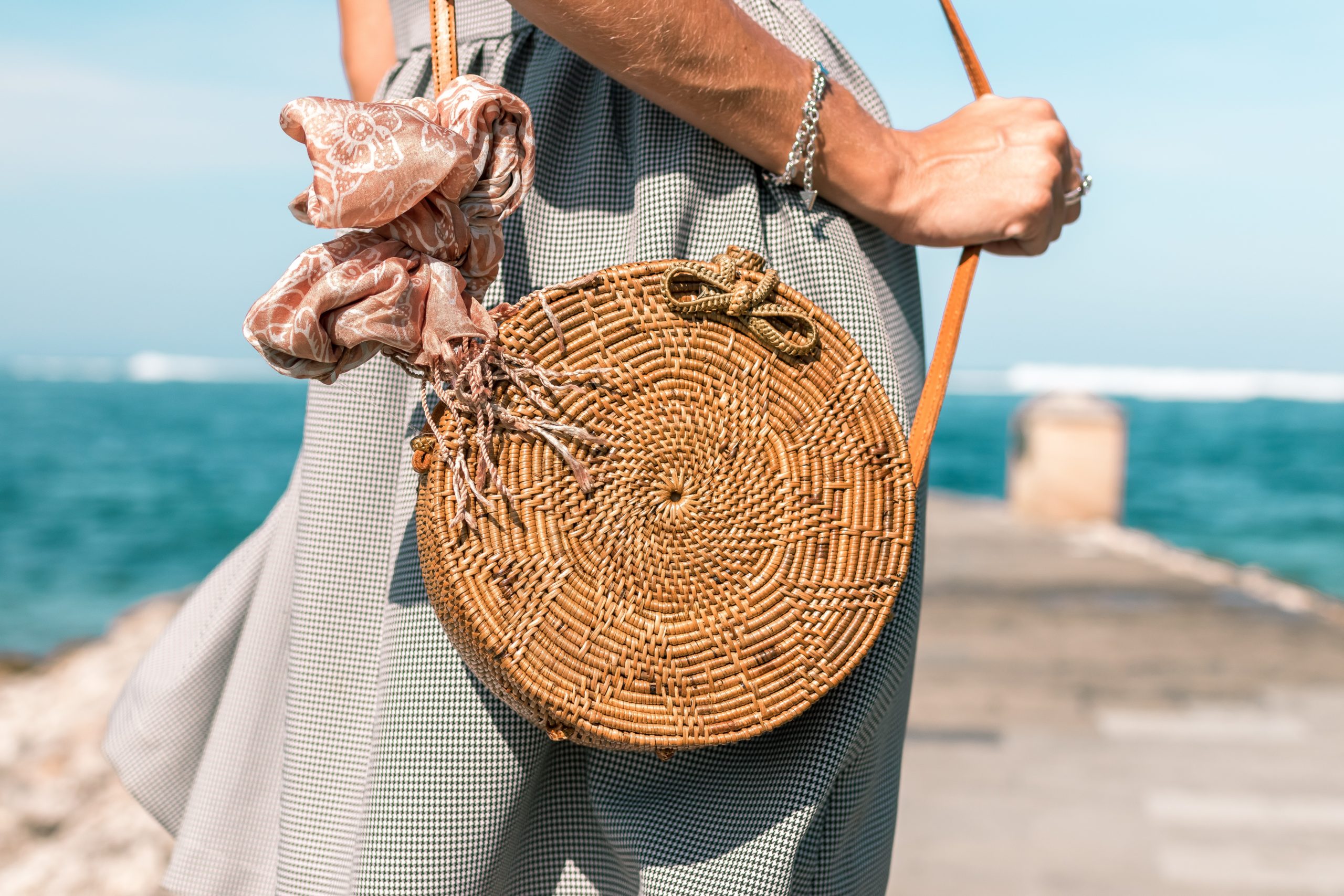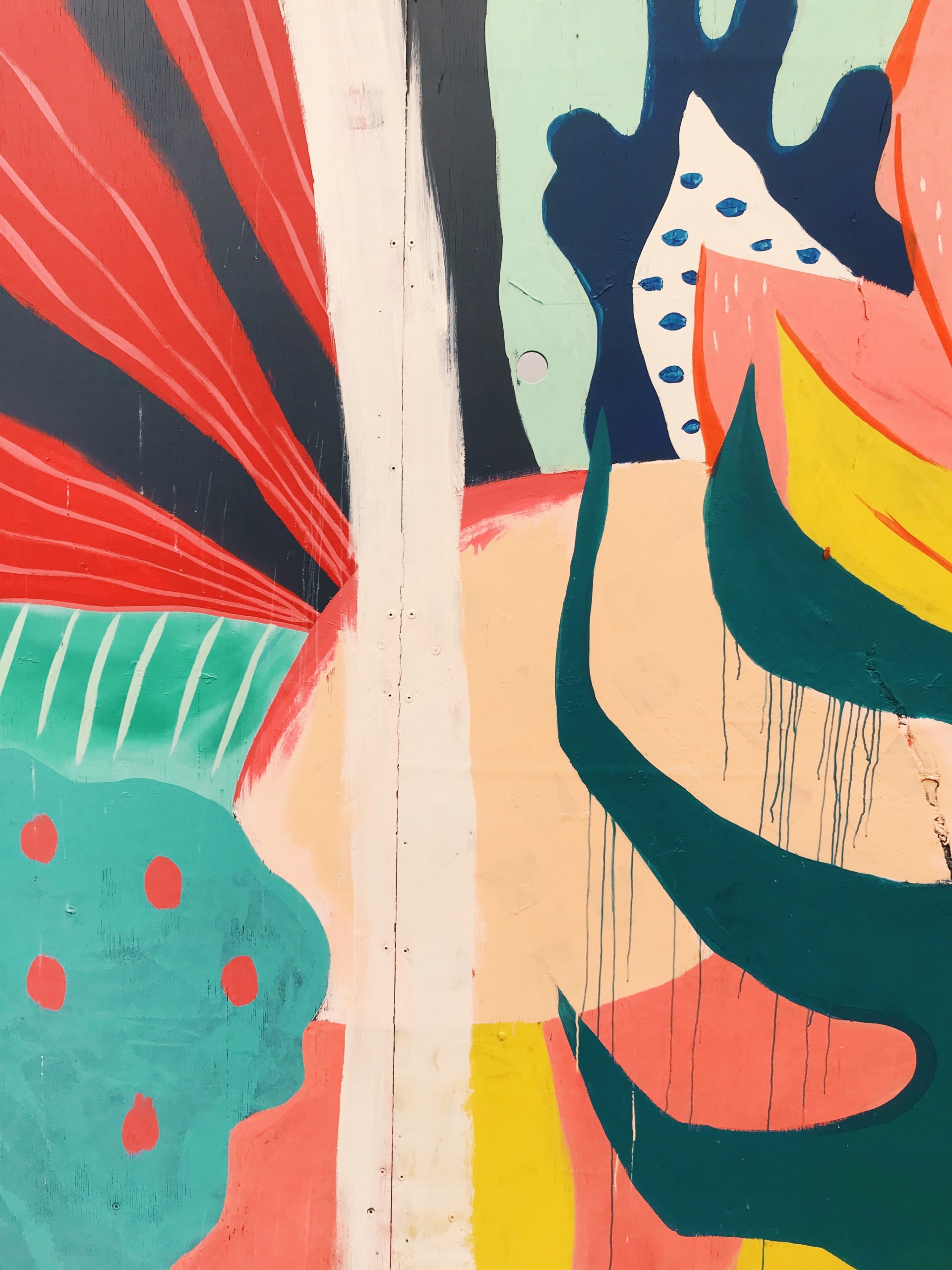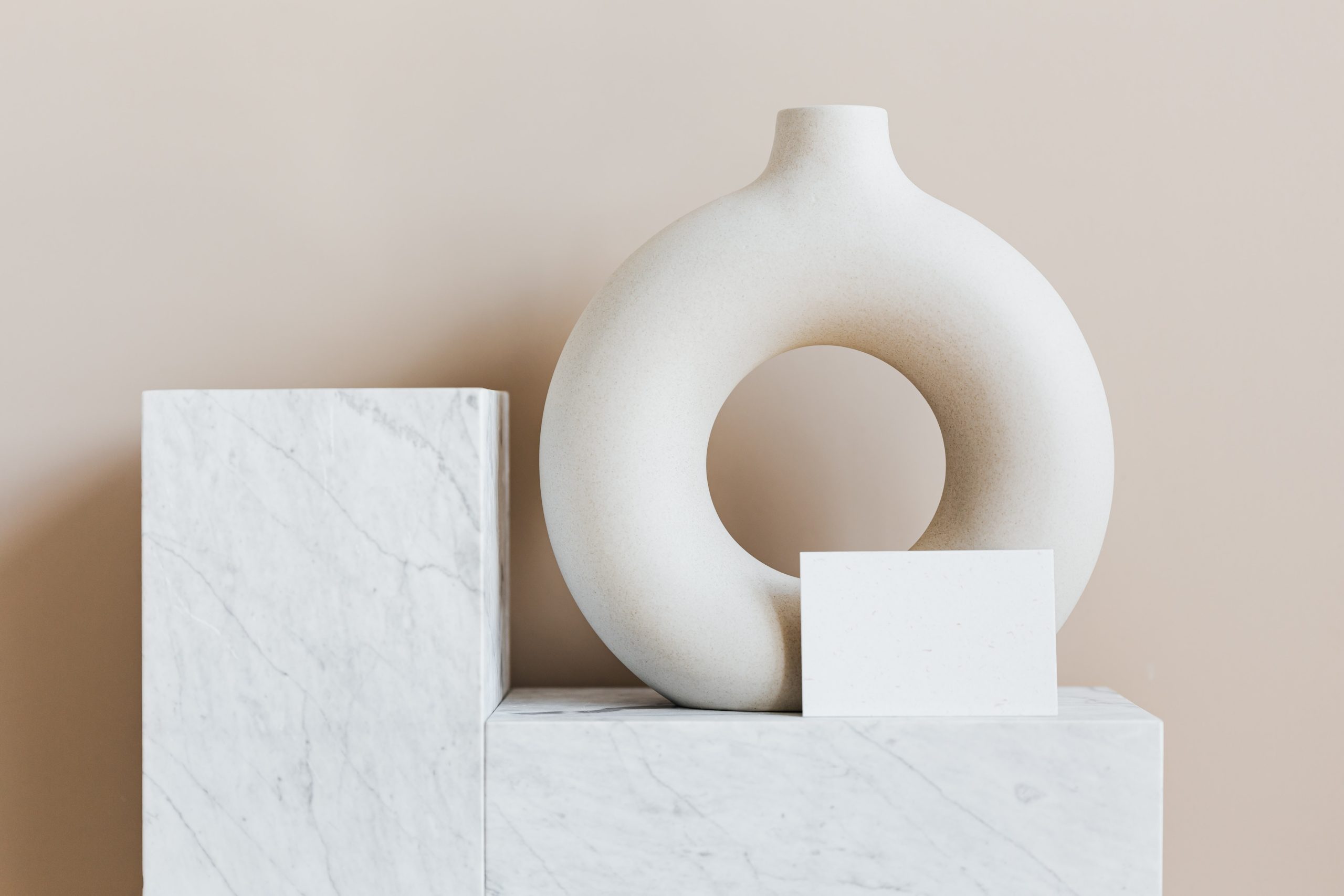Hind bint Umayya asked questions that God responded to by way of revelation. She once asked the prophet why men were always mentioned in the Quran and not women, and God answered her question by revealing the famous ayah 35 of surah Ahzab.


Hind bint Umayya asked questions that God responded to by way of revelation. She once asked the prophet why men were always mentioned in the Quran and not women, and God answered her question by revealing the famous ayah 35 of surah Ahzab.

Over time, I found that the questions couldn’t be shushed anymore. Whenever I was around women, these questions would come to me. “Do you ever consider taking it off?” I would ponder. “Now that you are wearing it, how did you get to this stage? Who are you wearing it for?” These questions demanded answers. These are topics we should be able to discuss at great length, but these subjects, whenever brought up in conversations, are met with stark disapproval and resignation, as though they were blasphemy.

I knew that people would look at me and think that I was liberated. I didn’t want to explain myself anymore, because that was all I ever did as a hijabi, and I wanted to escape the cycle where my body as a Muslim woman was perpetually a public affair. I was so tired of defending myself at the cost of myself, and it struck me as terribly cruel that the hijab would continue to define me by nature of its absence after I took it off.

My rap ‘Accept Me Please’ holds the most sentimental value to me because this was the first rap that I wrote. When I wrote this, I knew that I wanted to perform it – that’s when I knew that I wanted to be on stage and transform my written poetry into spoken word.

Poetry provides a profound way to understand something as elusive as the truth in a world that is designed to mask it- the truth of Islam, the truth of who you really are- so this is why I have taken to this form of self-expression as it helps me to hold onto it. My writing also covers Africa and the politics of blackness as this is such a foundational part of who I am and what I believe in.

It is more heartwarming that we are taking ownership of our past and present narratives and allowing the phenomenal women of the past to shape our present and future. According to Arzoo Ahmed, founder of Muslim Women Histories, “The story of Islamic scholarship is a story of men and women, in which women were left unacknowledged.” TMWT is committed to unearthing and spotlighting the stories of these women and while this is fundamentally the goal of this platform, we will be more focused on producing content centred around celebrating women’s history in women’s history month.

We created a membership club on the Clubhouse mobile app to host and entertain conversations around social issues affecting Muslim women around the world. This is an avenue to meet key influencers, activists and policy shapers and have salient dialogues on diverse issues in real-time. If you haven’t downloaded the Clubhouse app, this may be a good time to do so. Search for TMWT – The Conversation and click on the follow button.

What we’ve done with the Qur’an is unforgivable. It has taken the backseat in our daily lives while controversial issues have taken over. We don’t study the Qur’an enough. We don’t study the message conveyed in beautiful poetic synergy, the history of past nations, the scientific miracles, all of it. We take it all for granted. We don’t reflect upon the sunnah of the prophet, which is the lived practice of the spirit of the Qur’an.

As a Muslim, Arab-American I have encountered different types of prejudice and racism throughout the ten years that I have lived here. The scarf that I wear on my head had caused people to give me many belittling looks, sarcastic laughs, and hurtful words, and my identity, which I have always been proud of, became a barrier standing between myself and many people in this country.

In South Asian culture, people seem to expect that every of a girl’s life will eventually tie into her future marriage. (We’re good at structuring our lives around male privilege like that.) When I was in college, people would tell me that I needed to learn to cook – not because it’s a life skill and I would die if I didn’t learn it, but because “you’ll need to feed your husband someday!”